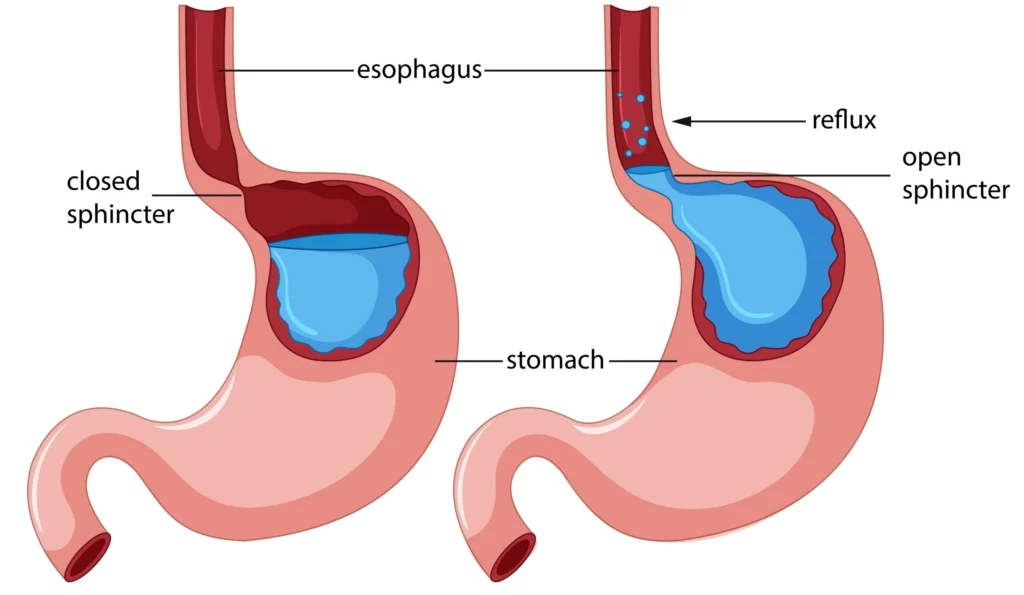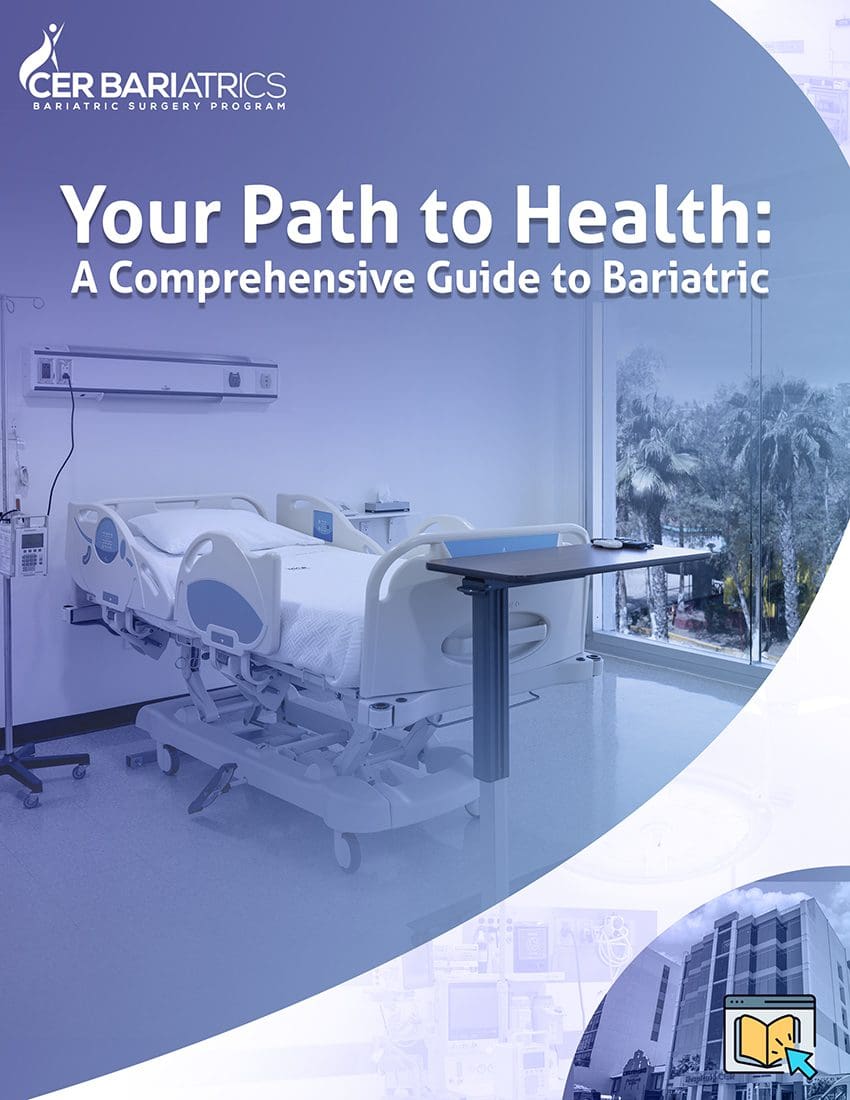Welcome to our comprehensive guide on Mini Gastric Bypass Surgery. If you’re looking to lose weight, improve your health, and achieve long-term results, Mini Gastric Bypass may be the solution you’ve been seeking. In this article, we will address the most frequently asked questions about Mini Gastric Bypass Surgery, providing you with valuable information to make an informed decision about this transformative Weight Loss Procedure.
What is Mini Gastric Bypass Surgery?

Mini Gastric Bypass Surgery, also known as single anastomosis Gastric Bypass or one-anastomosis Gastric Bypass, is a minimally invasive Bariatric Surgery that reduces the size of your stomach and reroutes a portion of the small intestine to help you lose weight. This procedure is a variation of the traditional Roux-en-Y gastric bypass surgery and has gained popularity due to its effectiveness in achieving significant weight loss and resolving obesity-related health problems.
Who is a Suitable Candidate for Mini Gastric Bypass Surgery?
Is typically recommended for individuals who:
- Have a body mass index (BMI) of 40 or higher, or a BMI of 35 or higher with obesity-related health problems such as type 2 diabetes, high blood pressure, or sleep apnea.
- Have tried other weight loss methods, including diet and exercise, without significant success.
- Are committed to making long-term lifestyle changes, including adopting a healthier diet and regular exercise routine.
- Understand the potential risks and benefits of the procedure and have realistic expectations about the outcomes.
What Does Mini Gastric Bypass Surgery Involve?
During this Surgery, several key steps are involved:
- Restricting Stomach Size: The surgeon creates a smaller pouch by dividing the stomach and reducing its size. This limits the amount of food you can consume, promoting weight loss.
- Rerouting the Small Intestine: The surgeon connects the newly created pouch to a lower part of the small intestine, bypassing a portion of the upper small intestine. This reduces the absorption of calories and nutrients.
Hospital Stay and Recovery: After the surgery, you will typically stay in the hospital for a day or two to ensure proper recovery and monitoring of any post-operative complications.
Long-Term Follow-Up: Regular follow-up appointments with your healthcare team are crucial to monitor your progress, make necessary adjustments, and provide ongoing support.
How Does Mini Gastric Bypass Promote Weight Loss?
Mini Gastric Bypass Surgery promotes weight loss through two mechanisms:
- Restriction: By reducing the size of your stomach, the amount of food you can consume in one sitting is significantly limited. This promotes portion control and helps you feel full faster, leading to reduced calorie intake.
- Malabsorption: By rerouting a portion of the small intestine, reduces the absorption of calories and nutrients. This further contributes to weight loss.
What are the Benefits of Mini Gastric Bypass Surgery?
Mini Gastric Bypass Surgery offers several benefits beyond weight loss:
- Significant Weight Loss: Most patients experience substantial weight loss within the first year after surgery, with continued progress over the following months.
- Improvement in Health Problems: Mini Gastric Bypass Surgery has been shown to improve or resolve obesity-related health problems such as type 2 diabetes, high blood pressure, and sleep apnea.
- Long-Term Results: When combined with lifestyle changes, Mini Gastric Bypass surgery can lead to sustainable weight loss and long-term maintenance.
- Improved Quality of Life: Patients often report increased energy, improved mobility, and enhanced self-esteem following successful weight loss.
What are the Potential Risks and Complications?
Like any surgical procedure, carries certain risks and potential complications, which may include:
- Infection: Although rare, there is a risk of infection at the incision sites or in the abdominal cavity.
- Blood Clots: The formation of blood clots is a potential risk after any surgery. Special precautions are taken to minimize this risk.
- Nutritional Deficiencies: Due to reduced calorie intake and malabsorption, vitamin and mineral deficiencies may occur. Regular follow-up and adherence to nutritional guidelines are essential to prevent deficiencies.
- Dumping Syndrome: Some patients may experience dumping syndrome, a condition characterized by rapid heartbeat, nausea, diarrhea, and lightheadedness after consuming certain foods high in sugar or fat.
What is the Expected Recovery Time after Mini Gastric Bypass Surgery?
The recovery period after surgery varies from person to person. Generally, patients can expect to resume normal activities within two to four weeks following surgery. However, it is crucial to follow your surgeon’s instructions regarding dietary guidelines, physical activity, and medication use during the recovery phase.
What Results Can I Expect from Mini Gastric Bypass Surgery?
T has been shown to result in significant weight loss and improvement in obesity-related health problems. The amount of weight loss varies among individuals, but most patients can expect to lose a substantial percentage of their excess body weight within the first year after surgery. Long-term success depends on adherence to a healthy lifestyle, including a balanced diet and regular exercise.
Mini Gastric Bypass Surgery offers an effective solution for individuals struggling with obesity and related health problems. This transformative procedure can help you achieve sustainable weight loss, improve your overall health, and enhance your quality of life. If you’re considering Mini Gastric Bypass Surgery, consult with a qualified Bariatric Surgeon who can guide you through the process and provide personalized care. Take the first step towards a healthier future and embrace the transformative power of Mini Gastric Bypass Surgery.
Related Post
Learn how to kickstart your weight loss journey





